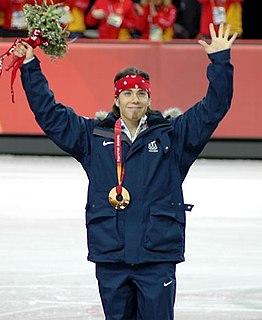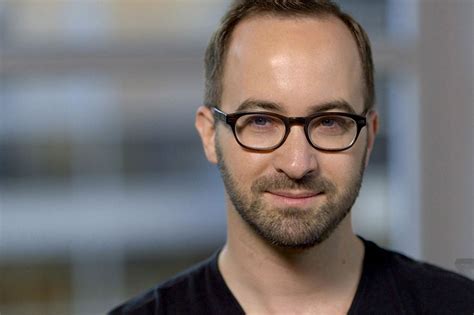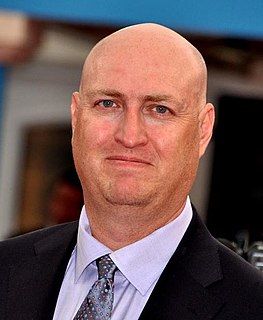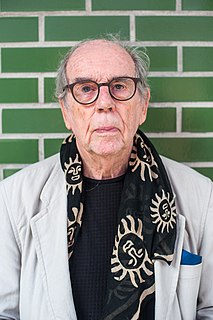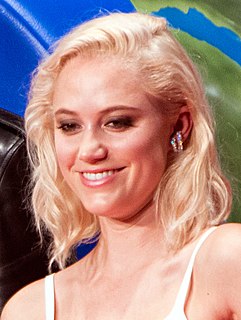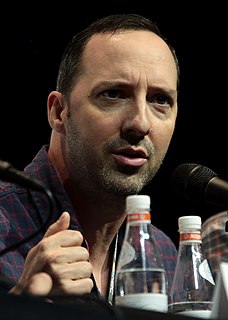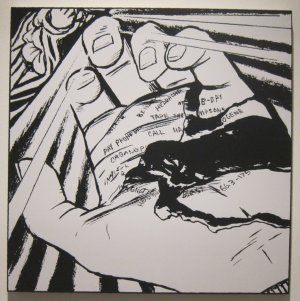A Quote by Apolo Ohno
I only watch the last 40 seconds. Watching a whole marathon over time, the beginning, middle and end look very slow. I want to see action! I can't help it.
Related Quotes
Man no longer lives in the beginning--he has lost the beginning. Now he finds he is in the middle, knowing neither the end nor the beginning, and yet knowing that he is in the middle, coming from the beginning and going towards the end. He sees that his life is determined by these two facets, of which he knows only that he does not know them
Over the years, black leaders have been slow to recognize the need for a very, very progressive agenda. Anytime someone has talked about putting America back to work, blacks should have said yes, but they didn't. They were so preoccupied with affirmative action that they didn't provide the kind of leadership that would help some of the other progressive folks. Only now are black leaders beginning to realize the impact of economic issues.
There are story-room sessions where you think about the big picture, like a novel, but once you have certain things in place, you have to treat each episode like an hour of TV, and think that maybe this will be the only episode that anyone will ever watch. You want to have some sort of beginning, middle, and end to the episode, even if you have storylines that are carrying over. You still want it to feel like a cohesive hour of entertainment. And you can't think about both at the same time.
I have a rule now that I can only watch a movie twice. By the third time I was watching 'The Guest,' I was hating everything about it, but the first time, I loved it. The first time you watch it, you watch it as a whole. And the second time, I think you can learn a lot. By the third time, you are just picking everything apart.
I let myself go at the beginning and write with an easy mind, but by the time I get to the middle I begin to grow timid and to fear my story will be too long. . .That is why the beginning of my stories is always very promising and looks as though I were starting on a novel, and the middle is huddled and timid, and the end is...like fireworks.
One thing I noticed over time is that if I got a bad review, usually the bad part of it was at the very end. I could tell that nobody read the whole review because they would just say, "It was great to see the review!" In a way, my brain shuts down at the end of an article. It doesn't really want to go to the end.
